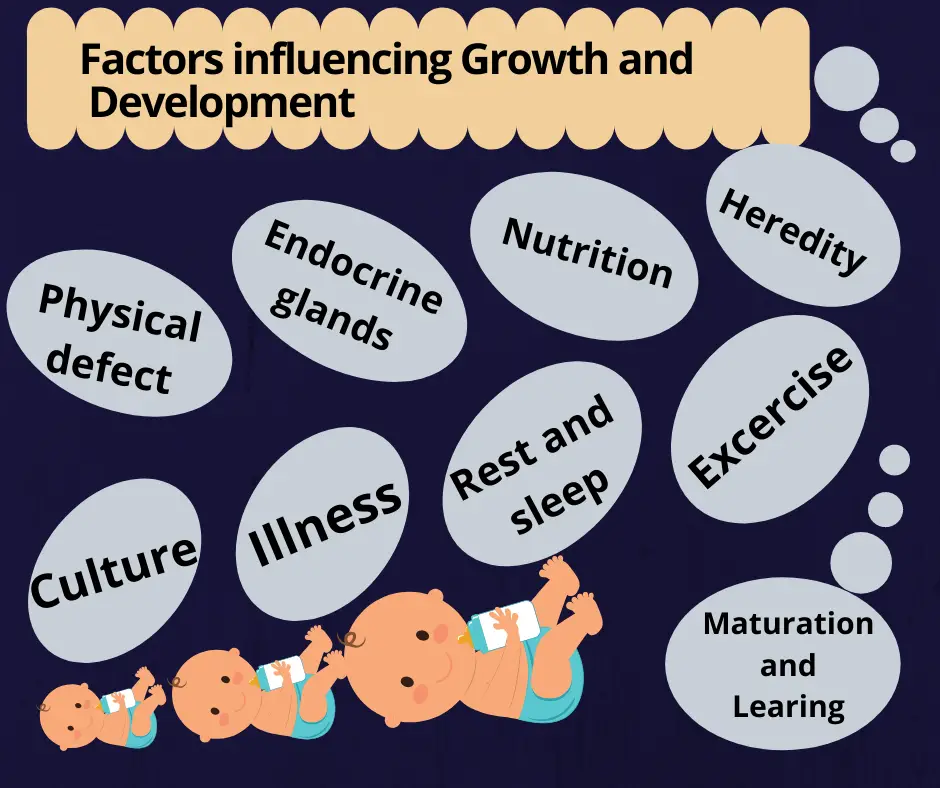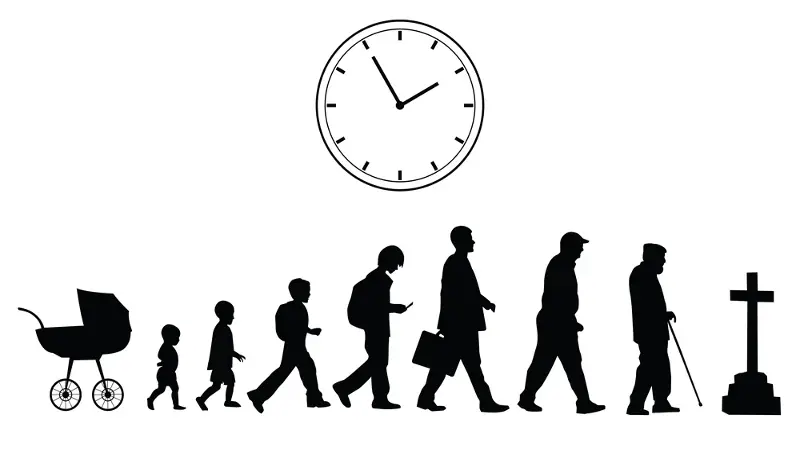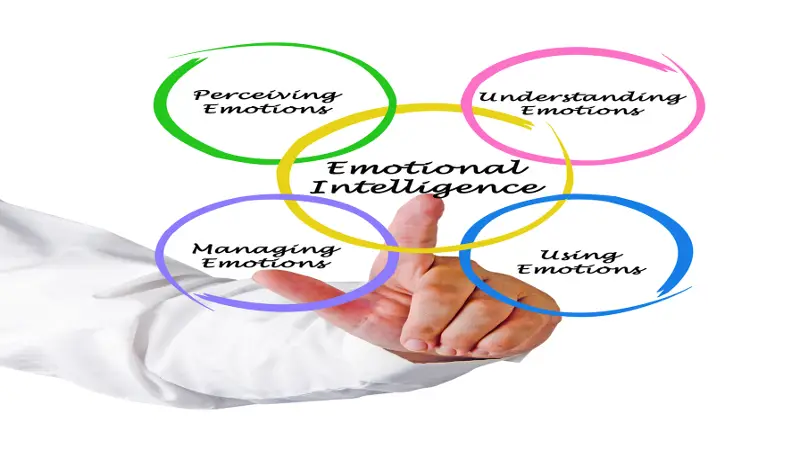THE PRINCIPLE AND FACTORS OF GROWTH AND DEVELOPMENT
Each child’s path or pattern of growth and development is determined by genetic and environmental factors. These are known as factors of growth and Development. The genetic factors determine the potential and limitations of growth and development. If favourable, the environmental factors, such as adequate nutrition, facilitate the achievement of the genetic potential of […]
THE PRINCIPLE AND FACTORS OF GROWTH AND DEVELOPMENT Read More »



